In October, Michelle Lillywhite and Karen Sampson, final year students on the BA Social Work programme at Bournemouth University attended two conferences, one organised by a local charity working with adult survivors of childhood abuse Dorset Action on Abuse (DAA) and the second organised by British Association of Social Workers (BASW) in conjunction with the Northern School of Child and Adolescent Psychotherapy.
DAA, who offer support groups and one to one counselling for adult survivors, held their annual conference in Boscombe, Dorset. The theme of the conference was supporting people who have been sexually abused though the criminal justice system and how this can effect the working relationship between practitioners and survivors, alongside the personal impact of this work on practitioners. Speaking on the day were representatives from both the local Dorset police’s Child Protection Unit Senior Investigating Officer, John Merrick and Julia Woodward, Senior Crown Chief Prosecutor, from the Crown Prosecution Service Wessex.
The questions from the floor about when the police ‘believe’ a victim were answered with a refreshingly honest account of a police investigator who explained their role isn’t to believe but to build a case with evidence that has a ‘high chance of conviction’. We felt, however, that it is the role for the social worker/counsellor to offer this trust, belief and acceptance of the victim and that the police had a very different, more process-led role within the journey of criminal proceedings. This provided us with significant insights into the differences between professions engaged in the same kind of work with people.
The support that DAA offer people within the local community through these difficult and challenging processes was a continual theme in the personal account shared offered of a survivor’s journey through the criminal justice system which for them resulted in a conviction and ‘validation’ that the horrific abuse they endured was wrong.
It showed us though that while the triumph of a conviction is a positive thing the essence of the entrenched abuse and the victims’ mind-set resulting from their experiences is not so easily eradicated. An important lesson for us as trainee practitioners was that even though we see that justice has been done it does not mean that ‘closure’ can ever really be attained; something we will remember.
The national BASW conference, held in Leeds, was entitled ‘Unsticking the stuck’ and based on a live supervision session with a willing volunteer. The facilitator demonstrated to us how we, as practitioners, can get ‘stuck’ within a case by not concentrating on the most important aspect: understanding and working towards the needs of the client.
In this scenario, the delegates comprised a good mix of students, like us, and more experienced and qualified practitioners who dealt with complex cases – something we aspire to do once qualified!
The initial expectation of the day was that we would come away with some therapeutic interventions to add to our ‘toolkit’ before undertaking our practice placement. However, this was not the case, rather the day prompted an exploration into the meaning and importance of supervision for us as practitioners. I think as well being able to understand and get to grips with a real case and not just a case study the conference gave our discussions on the day more credence and depth as this was a real situation, laced with complexity. It introduced us to something, unfortunately, ever prevalent within our society.
Attending external conferences gives us, as trainee practitioners, the ability to step outside of our comfort zone – the classroom – and explore our knowledge, experiences and natural instincts of working with an increased understanding of complexity. Crucially, this gives us the opportunity to gain insight into the remit and responsibilities of other practitioners which can only strengthen our awareness of the importance of today’s multi-agency working. It creates an understanding of working strategies and thinking outside the box plus the opportunity to network, share ideas and in these cases add something to our ‘personal toolkit’ as future practitioners.
 Michelle Lillywhite & Karen Sampson
Michelle Lillywhite & Karen Sampson
Social work students

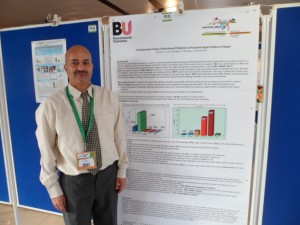
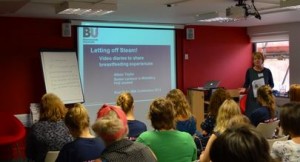
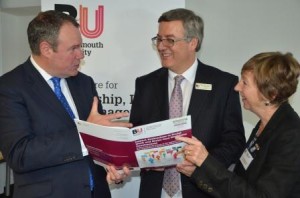

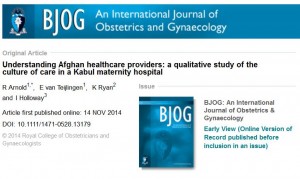
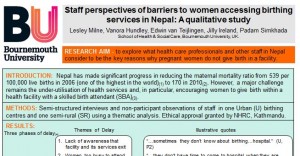
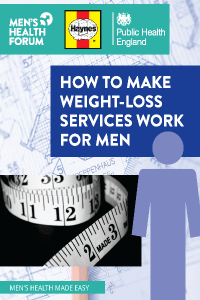


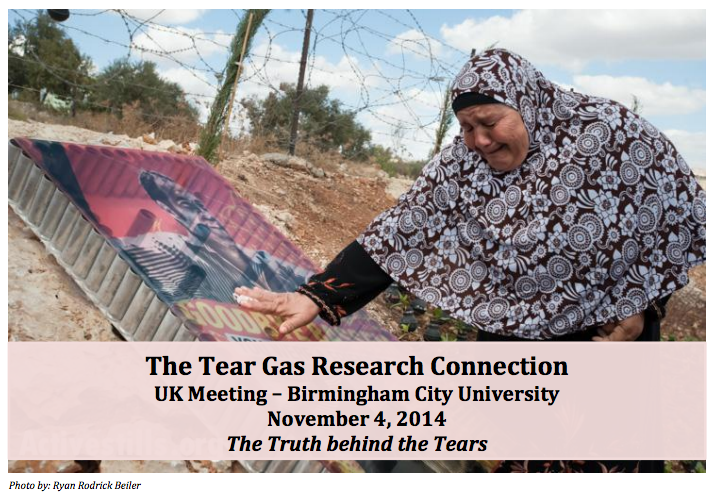
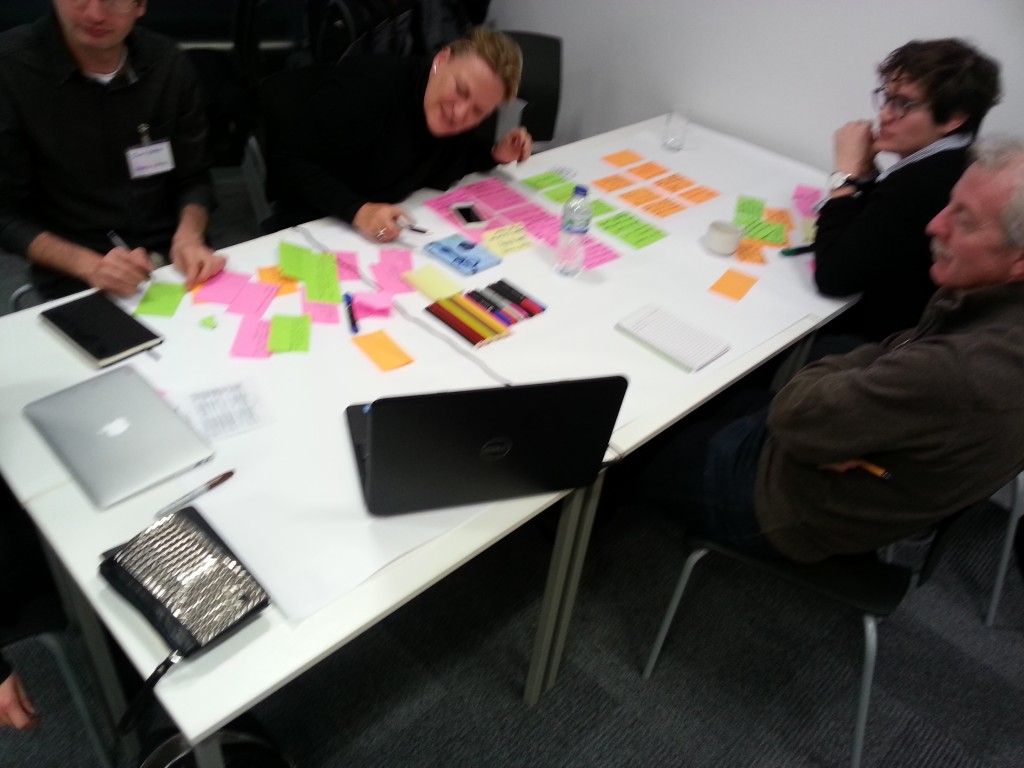
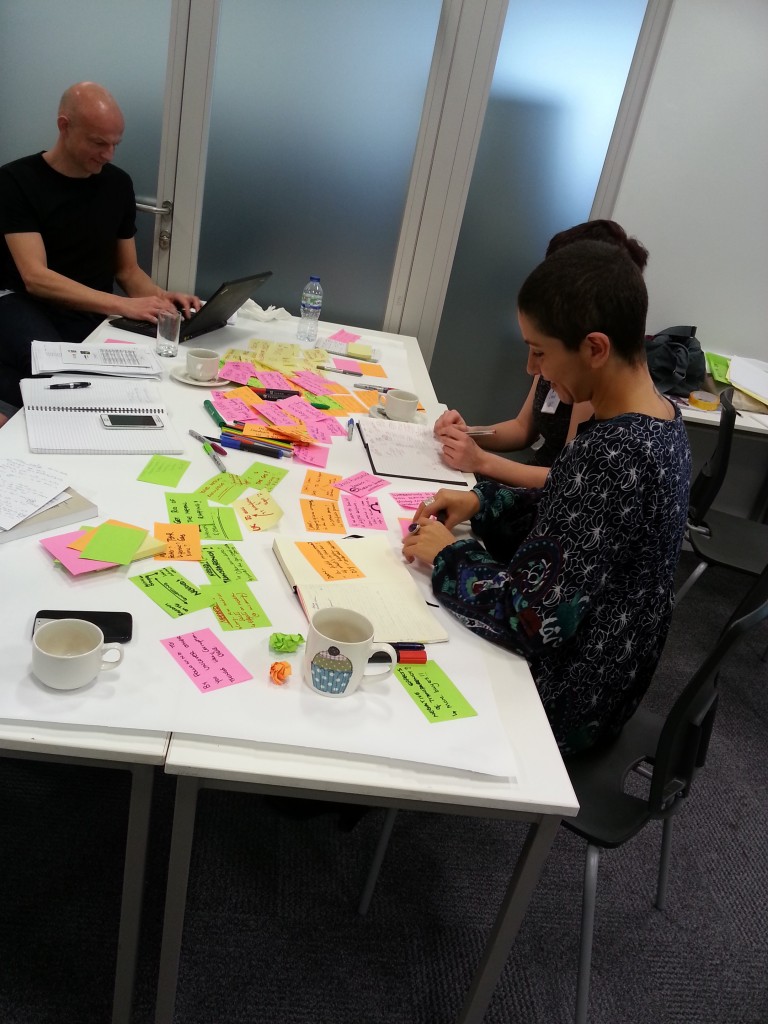
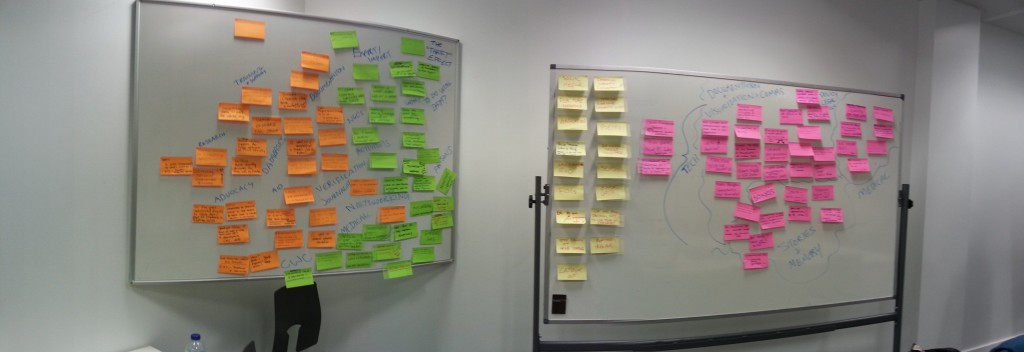
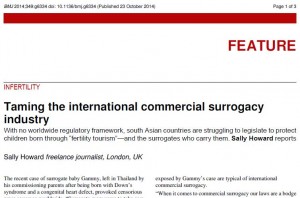
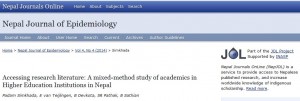
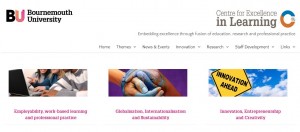














 REF Code of Practice consultation is open!
REF Code of Practice consultation is open! BU Leads AI-Driven Work Package in EU Horizon SUSHEAS Project
BU Leads AI-Driven Work Package in EU Horizon SUSHEAS Project Evidence Synthesis Centre open at Kathmandu University
Evidence Synthesis Centre open at Kathmandu University Expand Your Impact: Collaboration and Networking Workshops for Researchers
Expand Your Impact: Collaboration and Networking Workshops for Researchers ECR Funding Open Call: Research Culture & Community Grant – Apply now
ECR Funding Open Call: Research Culture & Community Grant – Apply now ECR Funding Open Call: Research Culture & Community Grant – Application Deadline Friday 12 December
ECR Funding Open Call: Research Culture & Community Grant – Application Deadline Friday 12 December MSCA Postdoctoral Fellowships 2025 Call
MSCA Postdoctoral Fellowships 2025 Call ERC Advanced Grant 2025 Webinar
ERC Advanced Grant 2025 Webinar Update on UKRO services
Update on UKRO services European research project exploring use of ‘virtual twins’ to better manage metabolic associated fatty liver disease
European research project exploring use of ‘virtual twins’ to better manage metabolic associated fatty liver disease